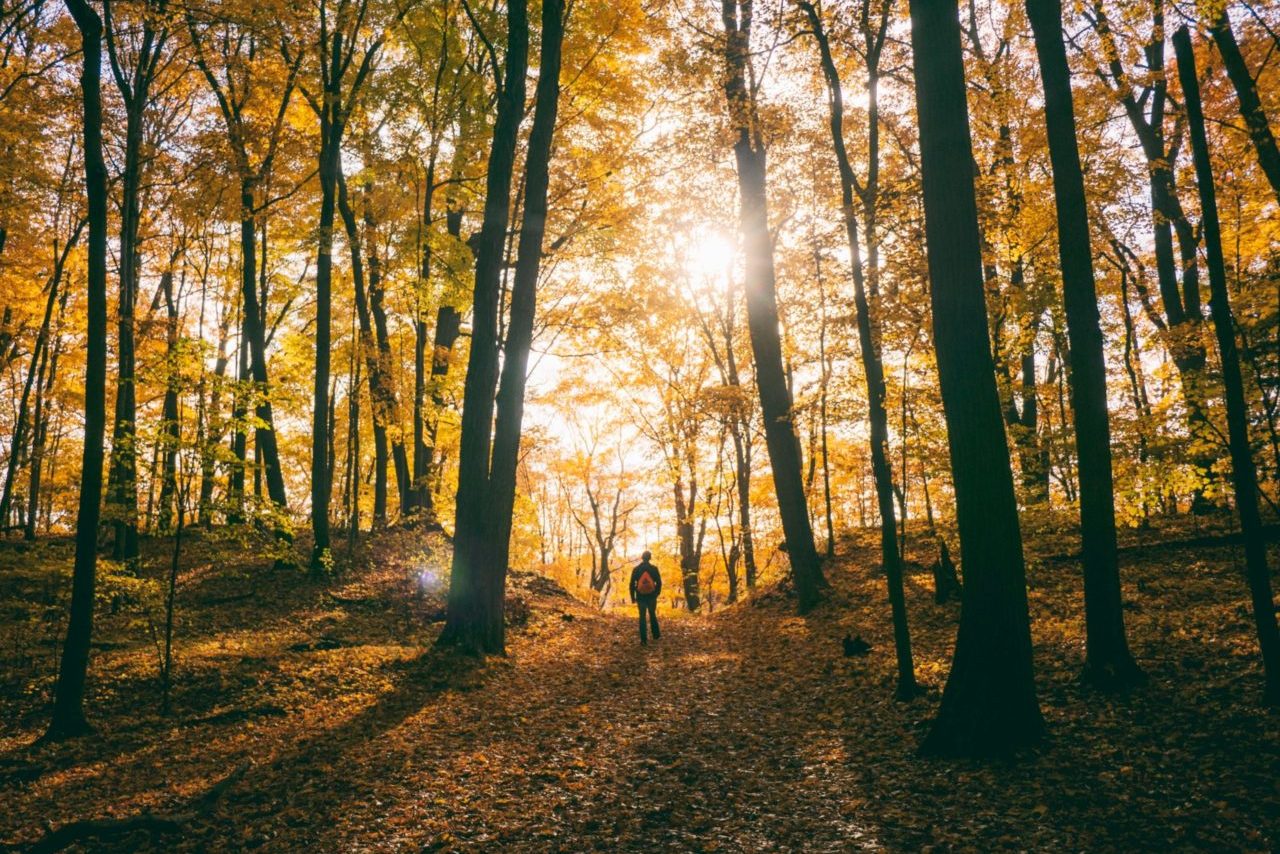When faced with a challenge, whether professionally or personally, it is often fear that holds us back. Maybe you are afraid to start because you might fail. Afraid to put your idea out there at the meeting, because of what others might think. Afraid to take a personal risk for fear of rejection. Fear is the predecessor, and instigator, of courage. Indeed, because courage is a response to fear, you can’t demonstrate courage unless you are afraid. Though people falsely assume that courage is about being fearless, in reality, the opposite is true. Courage is completely full of knee-knocking, teeth-chattering fear.
Coward or Courageous?
The difference between a coward and a courageous person is not that one is afraid and the other isn’t. To be sure, both are afraid. Rather, the difference is in how each responds to fear. To be a coward is to turn and run from fear when you are fully capable of confronting it, but unwilling to do so. Conversely, to be courageous is to stay and confront fear even though you are afraid, not with Neanderthal bravery, mind you, but by allowing yourself to stay present with all your fearful feelings and then to walk through them.
To be courageous is to stay and confront fear even though you are afraid.
Even though courage is full of fear, it takes the risk anyway. By definition then, courage means acting in the face of fear. When we demonstrate courage, the best of ourselves emerges, and our character is displayed. Self-satisfaction comes from knowing that we are doing something that is difficult for us.
The Fall Hike Effect
It takes courage to live in a courageous way. Doing so means continually allowing yourself to experience fearful situations. But the more you courageously face fear, the less intimidating it becomes. I call this the Fall Hike Effect. My wife, Shannon, and I enjoy hiking in the mountains of North Georgia, especially during Georgia’s short fall season.
Fear is the predecessor, and instigator, of courage.
On these chilly fall days, I’ll often get all bundled up to insulate myself from the frigid air. Early on, all my woolen armor helps me brave the cold. But before long, my physical exertion starts to heat up my internal furnace. After a while I am not cold at all, I am hot, and I have to start peeling off the layers. My condition is now fully reversed from when I started! In the same way, when facing your fear, your early perceptions about the fear are likely to be very intimidating. However, as you begin exercising your courage, the Fall Hike Effect is likely to kick in, and your cold feelings of fear will turn into warm feelings of excitement. And when they do, you won’t fear your risk, you’ll relish it.
Where is fear holding you back, and how might courage give you the push you need to start the climb?
Photo by Aaron Burden on Unsplash.



